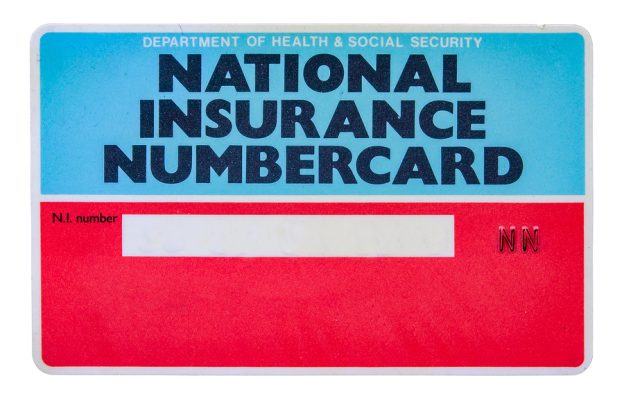
The government plans to increase employees’, self employed and employers’ National Insurance contributions in April 2022. They intend to put this extra money into health and social care.
But how much will it cost you?
Is this an actual National Insurance increase?
The government are actually introducing a new ‘Health and Social Care’ levy. For the 2022-23 tax year, they’re collecting this by adding it onto the National Insurance contributions you already pay.
This is why there’s widespread denial that the government is breaking its election pledge not to raise taxes. Technically, this isn’t a National Insurance tax rise, but a new tax altogether.
Then in 2023-24 tax year, National Insurance will go back to its current rate and the new levy will be collected as a separate entity. You’ll still be paying the same amount, but it’ll have a new name.
Basically, they’re using the National Insurance system from April to give them time to establish a new one, for the new tax.
How much will the NI increase it cost me?
The new levy is 1.25 percentage points on your current National Insurance rate. Employers, employees and self employed taxpayers are liable to pay it.
Employees
If you’re an employee, the more you earn, the more the NI rise will cost you.
Some estimated examples of the annual rise in for different income levels:
- Employee on £20,000: rise of £130.
- Employee earning £30,000: additional £255.
- Higher rate taxpayer on with income of £50,000: extra £505.
The government has asked employers to include this statement on your payslips: “1.25% uplift in NICs, funds NHS, health & social care.” As with current income tax and National Insurance, the extra money will be paid out of your earnings by your employer directly to HMRC.
People over state pension age
In 2022-23, if you’re of state pension age, you won’t pay the additional 1.25% because you don’t pay National Insurance. But from 2023, you will pay the new 1.25% Health and Social Care levy. This is the same for all people of state pension age, unless you make more than the Lower Profit Limit through self employed earnings.
Self employed
If you only pay Class 2 NICS, the NI increase and the subsequent new levy don’t apply to you.
If you have profits that exceed the Lower Profits Limit for Class 4 National Insurance contributions, you pay the NI increase from April and the Health and Social Care levy from the following tax year. You pay both through your self assessment tax return.
Employers
As an employer, you’ll need to pay the NI increase on Class 1, Class1A and Class 1B NICs from 6th April 2022. And then you’ll also need to pay the new 1.25% levy from 6th April 2023.
Little bit of good news. If you’re eligible for any employer NICS reliefs and allowances, you’ll also be able to apply them to the new levy when it comes into law.
Why is the new tax being imposed?
The government has always said that this new levy (starting as the NI rise) is to get money into the NHS, fund NHS staff wage increases and support the social care sector. Its hopes to collect £12billion every year, with £2.2billion going to the devolved governments of Wales, Northern Ireland and Scotland.
A Government spokesperson said: “We’ve taken decisive and historic action, with our Health and Social Care Levy due to raise around £13bn a year for the NHS and social care. It is a progressive tax with those earning more paying more.
“This will benefit people up and down the country, including by tackling the backlog that the pandemic has created on NHS operations and procedures, strengthening the adult social care system so that people do not have to bear the financial risks of catastrophic care costs themselves, and funding a 3% pay-rise for nurses.”
But there’s lots of press rumblings and public concern from some members of the government, who think this tax rise should be put on hold. Given the cost of living crisis, many people feel that this is simply too much on top of fuel bill hikes, inflation rises and the ever increasing prices of essentials.
The Chancellor can decide to postpone this tax rise, we’ll all have to wait and see what this April’s Budget brings.







